Register for free and continue reading
Join our growing army of changemakers and get unlimited access to our premium content
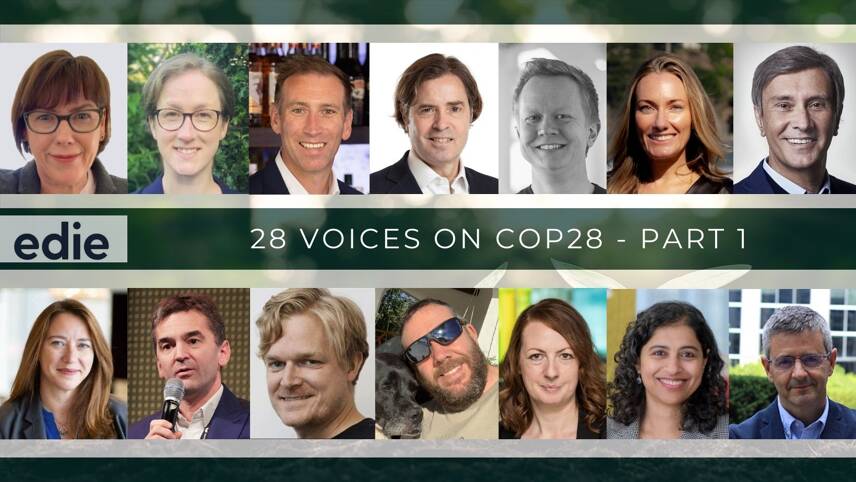
With the clock ticking down to less than a week before COP28 convenes in Dubai, the tangible urgency in addressing the climate crisis looms large, as illustrated by edie’s dedicated COP28 Action Trackers over the past month.
COP28 will involve the first-ever global stocktake of climate pledges and actions made by governments since the Paris Agreement, revealing that the world has veered off track from the trajectories set out under the 2015 Paris Agreement.
This year’s discussion should centre on plans for ‘radical decarbonisation’ and ‘system transformation,’ according to the UN, for a chance of keeping 1.5C alive.
As the final preparations intensify, exerting pressure on both policymakers and businesses, the edie team has exclusively interviewed 28 climate leaders to explore strategies for ensuring that COP28 becomes the most successful climate summit to date.
-
Lee McDonough, director general, Net-Zero, Nuclear and International, Department for Energy Security and Net-Zero (DESNZ):

“COP 28 will involve the first-ever global stocktake progress since the Paris Agreement and this will show, as we have already heard, that the world is oddly off track. But it also offers us an opportunity to course correct. It must galvanise temperature management and ambition.
“We need COP 28 to maintain momentum on the implementation of the global biodiversity framework agreed at COP15 last year to make concrete progress on the historical agreement to halt and reverse biodiversity laws by 2030.”
-
Rachel Solomon Williams, executive director, Aldersgate Group:
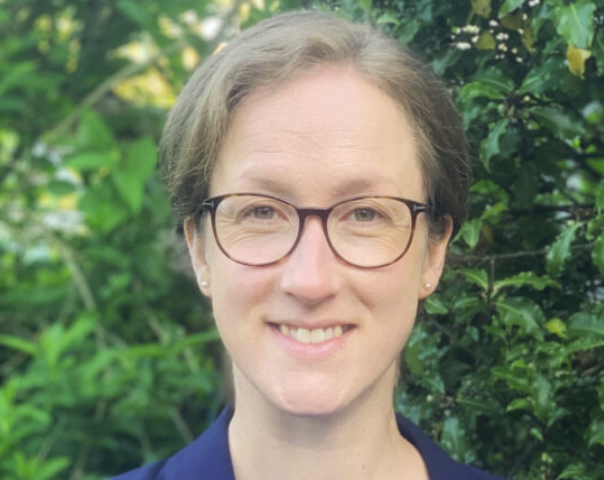
“And more than that some agreement about specific actions that will be taken so that businesses can really get behind it and understand what their role is and that money will flow towards those urgent actions that are needed.”
-
Jamie Alexander, director of Drawdown Labs, Project Drawdown:
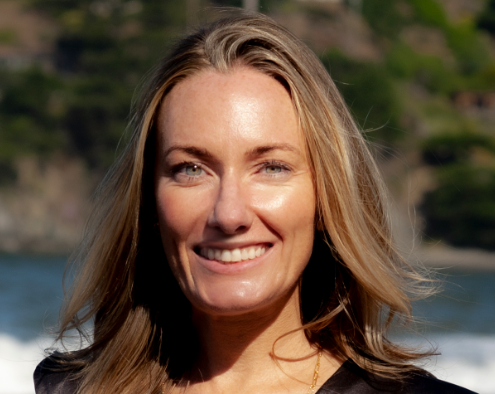
“Deforestation, monoculture and all the ways we grow and produce food and use land is the second biggest contributor to climate change. Therefore, after an intergovernmental agreement to phase out fossil fuels, a bilateral or multilateral agreement to stop deforestation should be close behind that.”
-
Steve Kenzie, executive director, UN Global Compact Network UK:
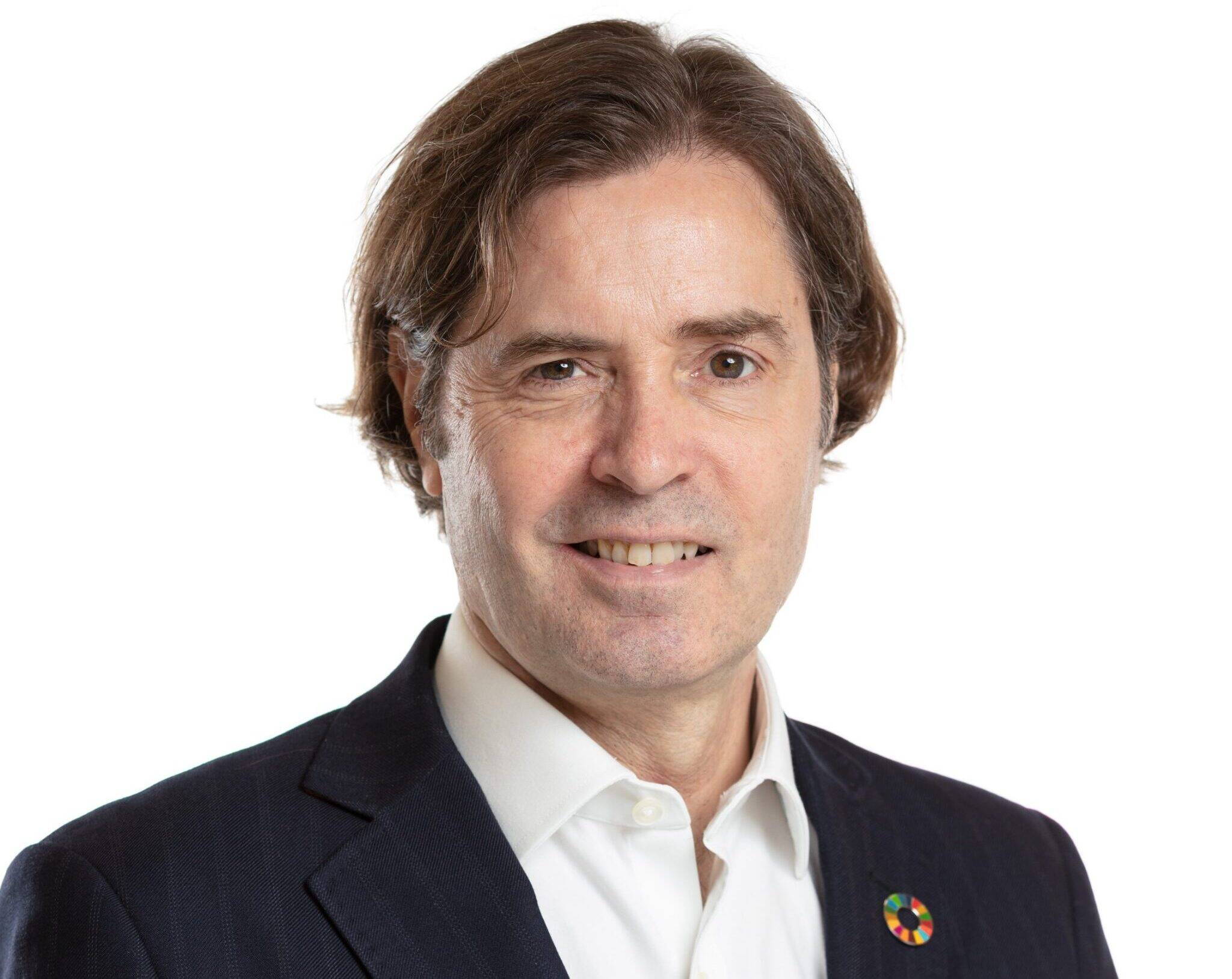
“We need to see a reconstructing of climate finance delivery schemes and design a new climate finance goal to urgently improve both the quantity and the quality of climate finance going forward. The establishment of the Loss and Damage Fund at COP27 was the right step, but we need commitment to ensure the fund is sufficiently resourced, and answers on who receives what, when and how payment is deployed.
“Lastly, we need an international agreement to phase-out all fossil fuels. In all UN climate negotiations, there has never been a unified agreement to gradually stop burning CO2-emitting fossil fuels, despite it being the number one cause of climate change.”
-
Oriol Margo, EMEA sustainability transformation leader, Kimberly-Clark:
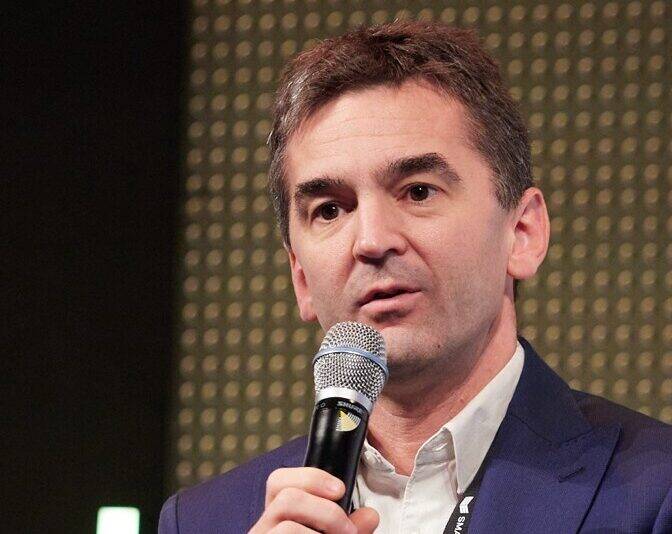
“We as a company don’t have a say on what governments decide to do or how we will adapt to what the countries’ needs are.
“We have our own strategy, and we deploy them. But there is a lot of work to do, and we will start where it is easier and faster.”
-
Gavin Bruce, chief executive officer, International Animal Rescue:
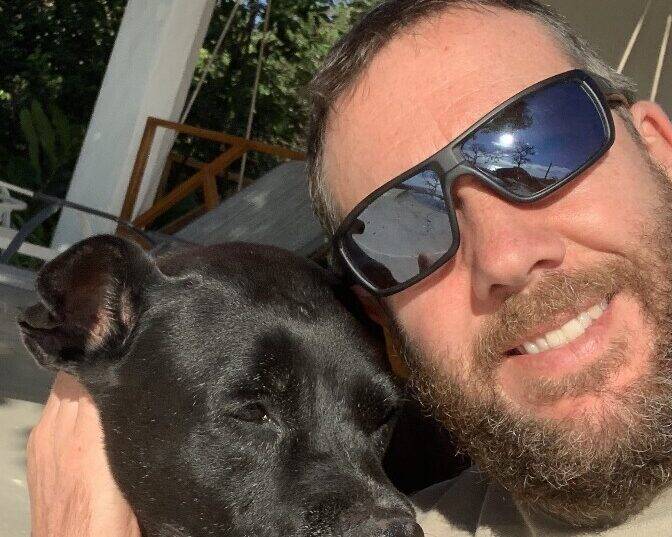
“International Animal Rescue is calling on COP28 to ‘Give Wildlife A Seat At The Table’, and to seriously consider the impact that climate change has on biodiversity and the important role that nature can play in climate change mitigation.”
-
Sherry Madera, chief executive officer, CDP:

“Of course, COP28 must finally kickstart the global phase out of all fossil fuels, paired with a commitment to transition to 100% renewable energy by 2035.”
-
François Dossa, strategy & sustainability executive director, JLR:
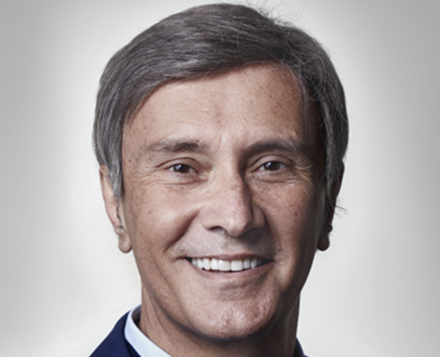
“For me, a successful COP is one which encourages individuals, businesses and governments to collaborate and embrace a positive mindset when thinking about the opportunities decarbonisation brings.”
-
Tom Hurst, UK country manager, Fastned:

“While the rapid electrification of transport is one of few climate action policy and technology successes, even here we should be doing more, faster.
“We need our leaders to send a strong signal to the whole transport sector that they’re serious about a zero-emissions future. Electric mobility is happening – so governments and businesses need to decide, definitively, if they will support our sector to help make this happen faster.”
-
Ewan Andrew, chief sustainability officer, Diageo:

“Delegates must take meaningful steps to improve water efficiency, sanitation and resilience. Unless the water crisis is placed at the heart of our climate efforts, it will have an increasingly devastating effect and diminish progress in areas like nature and adaptation.”
-
Archana Jagannathan, chief sustainability officer, PepsiCo Europe:
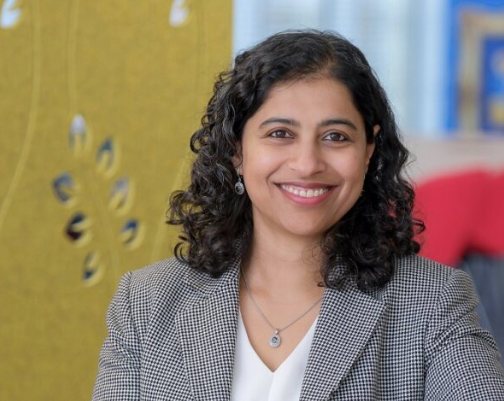
“We need greater focus on how to accelerate food systems transformation. Agriculture is a key contributor to climate change, and farmers are some of the most vulnerable to its impacts. Focusing on food systems and advancing regenerative agriculture can deliver both mitigation and adaptation, while having food security, environmental and social benefits.
“Finally, greater financing will be needed for adaptation to deal with climate change impacts now and in the future.”
-
Paula Kirk, global climate & sustainability leader, Arup:

“Our oceans, forests and other rich ecosystems on which we all depend are edging towards catastrophic tipping points. There will be no net-zero without tackling the biodiversity crisis.”
-
Matt Barker, chief executive officer, MPB:
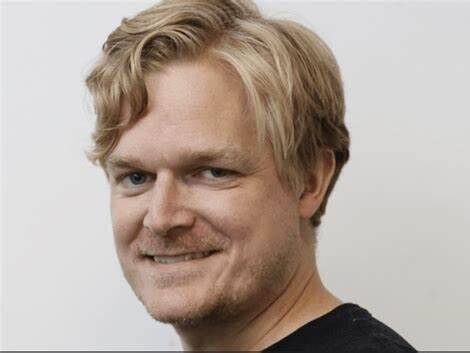
“A key way to accelerate the positive change we need is to champion the circular economy alongside renewable energy. My hope is that COP28 shines a light on the alternative options to buying new, and that we can collectively encourage greater investment in technology, platforms, and business models that will enable recirculation.”
-
Gonzalo Saenz De Miera, climate change and alliances director, Iberdrola:
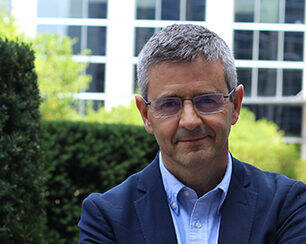
“The first being, firm commitments to phase out fossil fuels in line with the 1.5C scenario, and to triple renewable capacity and double energy efficiency to 2030.
“Second, to develop more robust financial mechanisms to move forward the climate agenda and support developing nations.
“And third, more accountability and engagement of stakeholders at all levels, from politicians and world leaders to businesses and other non-state actors.”
This is the first half of a two-part feature. The second part will be published tomorrow (Tuesday 28 November).


Please login or Register to leave a comment.